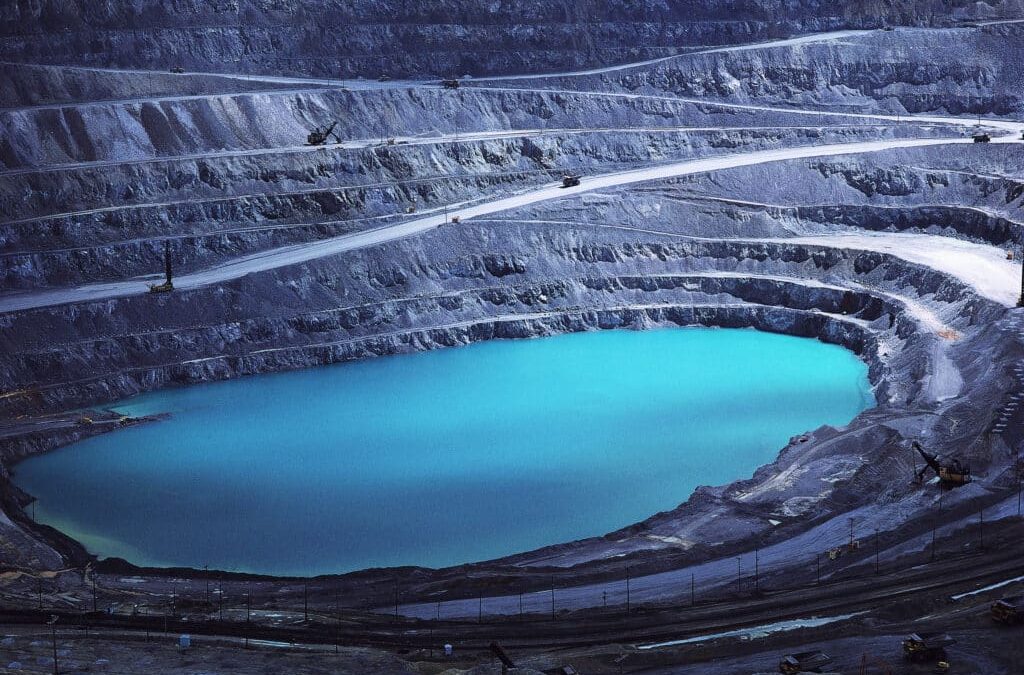Whether it is from groundwater or surface water sources, the availability of and access to water that meets quality and quantity requirements is a critical need across the world, especially within regions that experience increasing water stress.
Therefore, given how important water is to mining operations, many companies are now exploring water efficiency plans and new technologies in response to pressures to operate more sustainably.
A key challenge for these companies is finding the most cost-efficient and environmentally-friendly way to manage water supply on site. And issues surrounding water storage, transport, recycling, and identifying alternative water sources are critical factors for these mining companies to carefully consider.
One key step that mine owners should take towards running more sustainable mines is to use poor-grade water, usually underground water or sea water, which is unsuitable for agricultural and municipal purposes.
The extraction and treatment of ground water to achieve required water quality levels is one possible solution. This approach addresses concerns over the contamination of such water sources which are often found to be high in salt or metal content, rendering the water unsuitable for direct use.
Alternatively, desalinating seawater is also an effective approach for companies looking for alternative water sources as a way to reduce the impact on a community’s possible potable water supply, or for mines located in drought-prone areas.
In water-scare regions, local water authorities often limit the daily supply of fresh water to mines, which can affect production capacities and impact bottom lines. In response, recycling and reusing process water can be a positive step towards decreasing or eliminating the intake of fresh water, and can also reduce the amount of potentially contaminated wastewater released to the environment.
Mining companies can reuse process water and wastewater in mining processes such as conveyance and dust control, cooling, drilling, wash-water, remediation, separation and leaching, power generation, and land reclamation.
By encouraging water recycling as much as possible, companies can also move towards operating zero liquid discharge mines. Such initiatives may ultimately placate stakeholders who are increasingly demanding greener practices and an improvement on the bottom line.
With the affordances of digital technology, mining companies are now better positioned to meet water use targets and sustainability goals through data analytics and monitoring systems. Mining operators can utilise digital platforms to actively monitor and manage systems in real-time and can then make smarter operational decisions, prevent disruption, eliminate unnecessary waste and save time and money.
The impact and cost of water mismanagement within mines is becoming increasingly high as mining operators are held to stricter levels of accountability by local authorities, communities and investors. Mining operations need to ensure that good water management is a priority and that resources are directed towards improving water efficiency in order to lower future water risks.
With a keen understanding of the unique requirements of mine operations and an extensive expertise in the management of mine water issues and risks, Veolia Water Technologies offers mine operators a wide range of specialised water treatment solutions that not only meet the most demanding standards of reliability, safety and quality, but that also address water use targets and sustainability goals sensibly and cost-efficiently.



